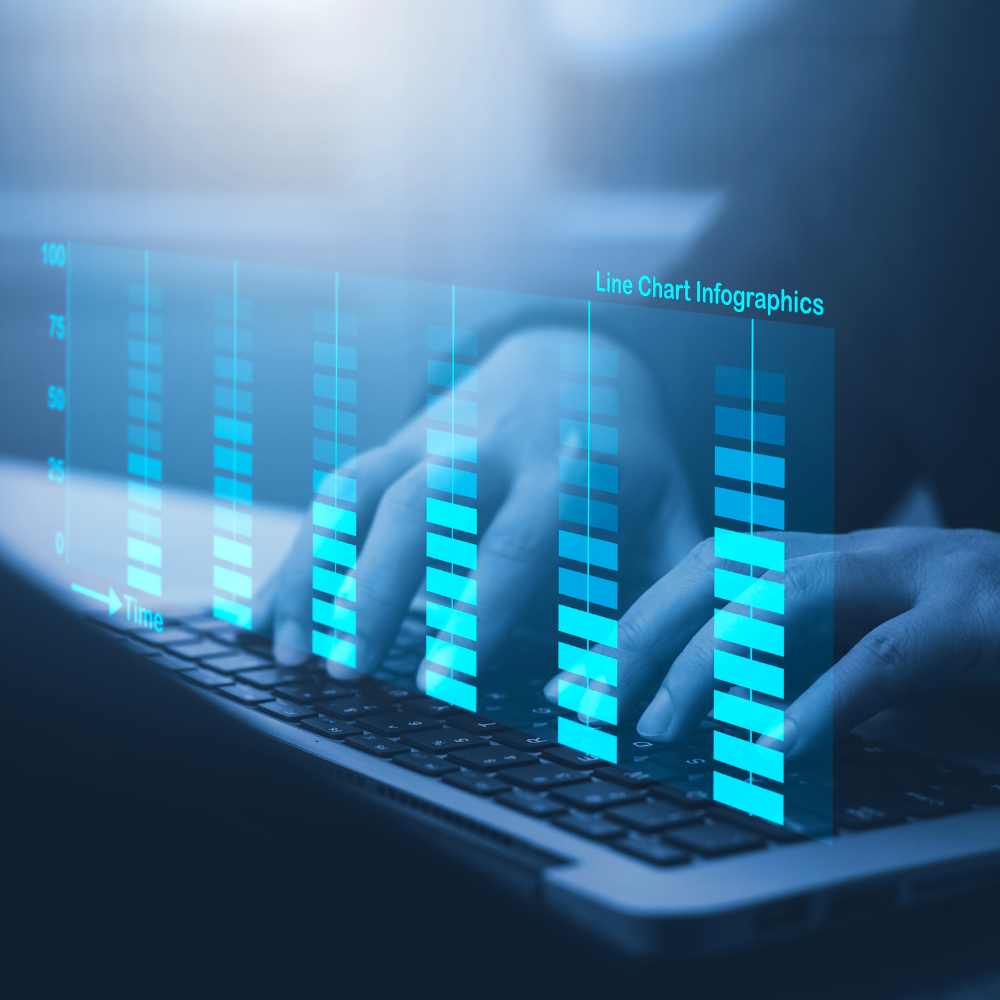Apple faces backlash: Accusations of worker surveillance and suppression
Apple, the tech giant renowned for its commitment to privacy and user rights, is facing mounting criticism over allegations of employee surveillance and restrictive labor practices. A recent lawsuit filed by Amar Bhakta, an Apple employee, has brought these claims to the forefront, sparking a broader debate about corporate surveillance and worker rights.
The Core Allegations
The lawsuit, filed in California state court, accuses Apple of:
Illegal Monitoring of Personal Devices: Bhakta alleges that Apple mandates employees to install company software on their personal devices used for work purposes. This software, according to the suit, grants Apple access to sensitive personal information such as emails, photos, health data, and even smart home data.
Restrictions on Worker Communication: The complaint further asserts that Apple imposes stringent confidentiality agreements that prohibit employees from discussing working conditions, pay, or other workplace issues with colleagues, media, or labor organizations. This, the lawsuit argues, stifles worker organizing and collective bargaining efforts.
Retaliation Against Whistleblowers: Bhakta claims that Apple has a history of retaliating against employees who speak out about workplace issues or raise concerns about the company’s practices.
A Pattern of Surveillance Concerns
These allegations are not entirely new. Over the years, Apple has faced scrutiny for its data collection practices, particularly regarding user privacy. While the company has consistently marketed itself as a privacy champion, recent revelations have raised questions about the extent to which it monitors its own employees.
Industry-Wide Trend
The issue of corporate surveillance of employees is not unique to Apple. Many tech companies have been accused of using similar tactics to monitor their workforce. This trend has raised concerns about the erosion of privacy rights and the potential for abuse of power by employers.
Potential Legal Ramifications
Bhakta’s lawsuit could have significant legal implications for Apple. If the allegations are proven, the company could face substantial fines and legal repercussions. Moreover, the case could set a precedent for future legal challenges against tech companies that engage in similar practices.
Impact on Apple’s Reputation
The lawsuit has the potential to tarnish Apple’s carefully cultivated image as a privacy-conscious company. The allegations of employee surveillance and suppression of worker rights could erode public trust and damage the company’s brand reputation.
A Call for Transparency and Accountability
As the case unfolds, it is crucial for Apple to address these allegations transparently and take steps to protect the privacy and rights of its employees. The tech industry as a whole must also re-evaluate its practices and adopt ethical guidelines to ensure that surveillance and worker rights are not compromised in the pursuit of innovation and profit.
Conclusion
The allegations against Apple have ignited a broader conversation about the balance between corporate interests and individual rights. As technology continues to advance, it is essential to ensure that it is used responsibly and ethically. The outcome of this lawsuit could have far-reaching implications for the tech industry and the future of work.









